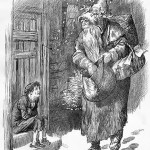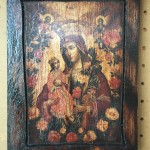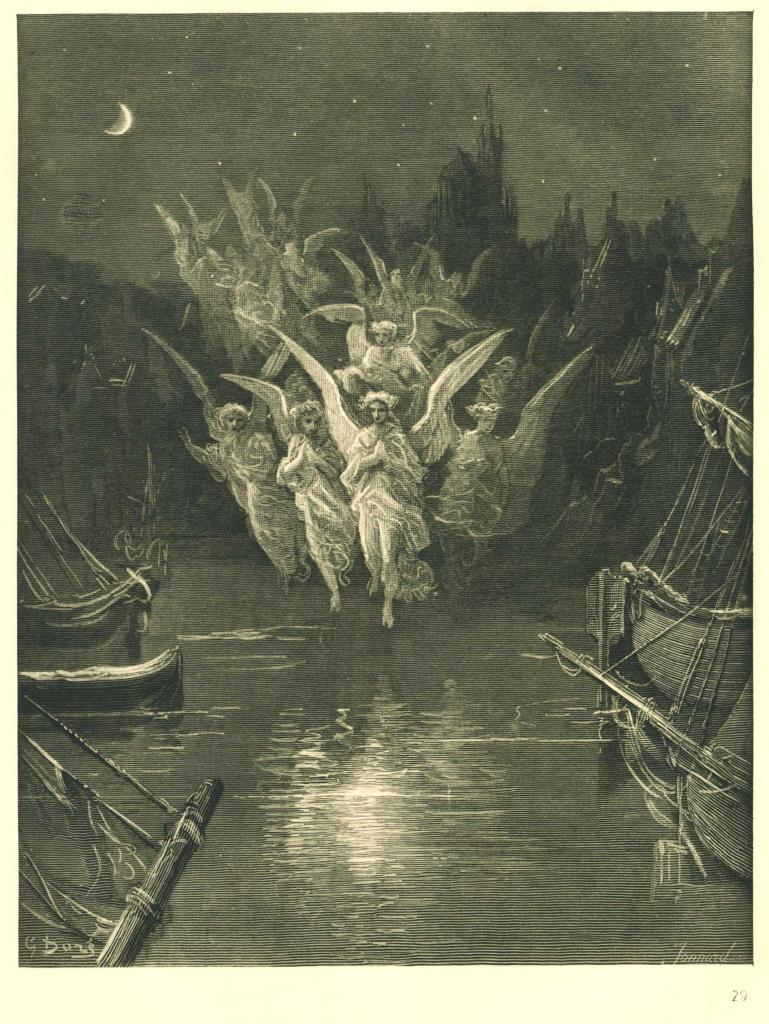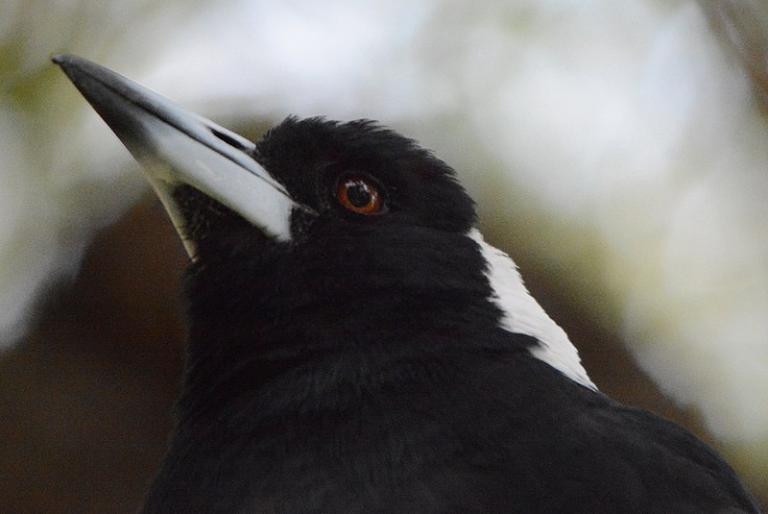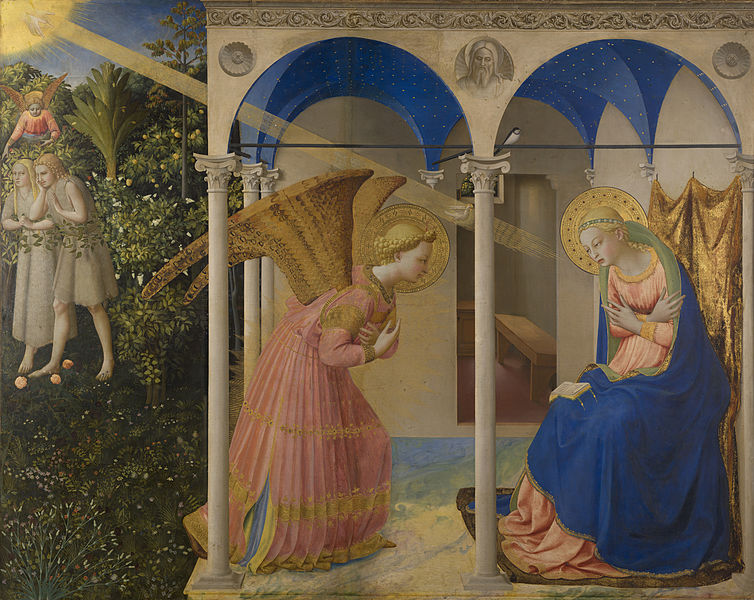David Russell Mosley
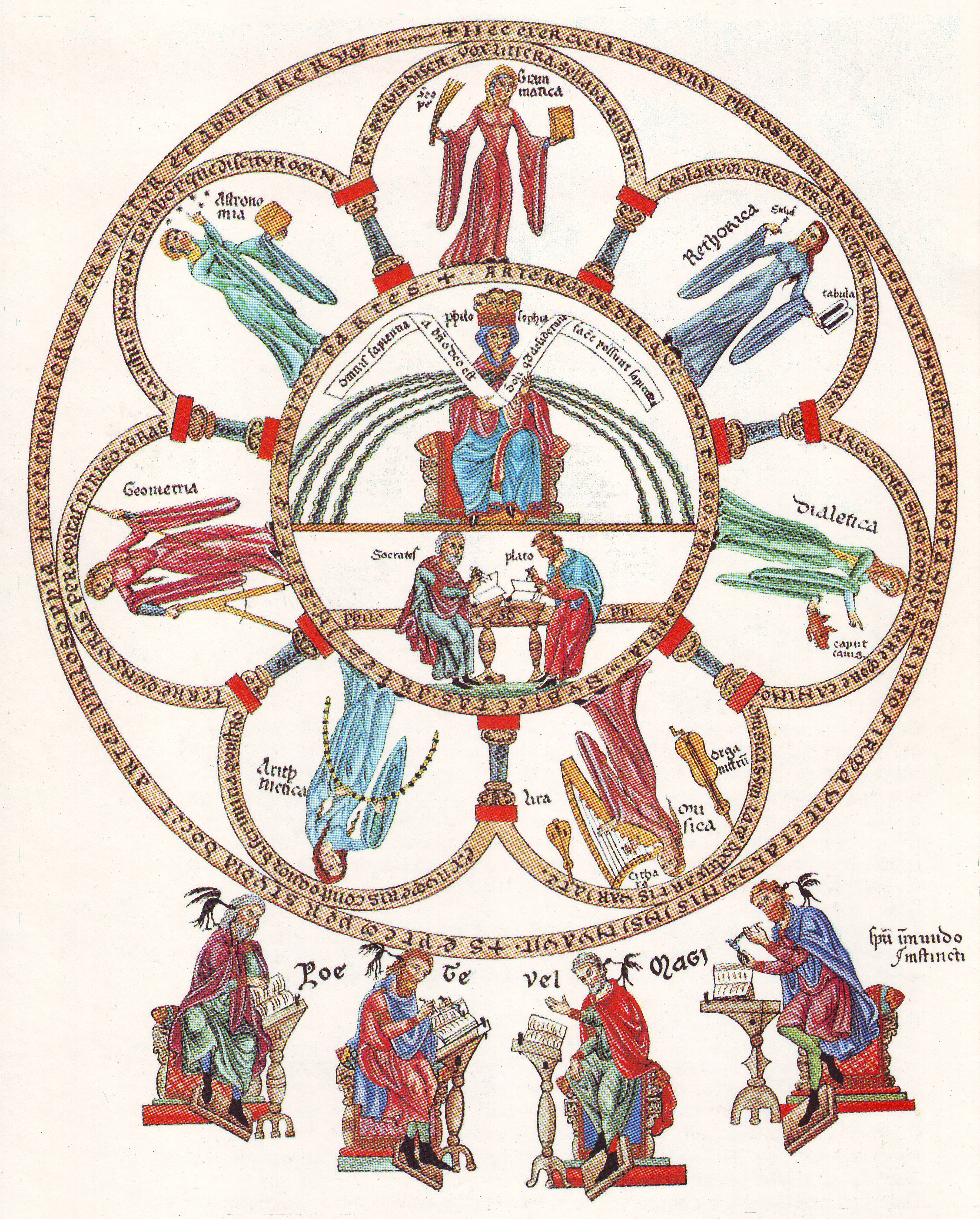
(Public Domain)
Advent
16 December 2016
The Edge of Elfland
Hudson, New Hampshire
Dear Readers,
Having twins, working from home, trying to read, write, research, teach, etc. It can all be rather a lot. And sometimes, things get left behind. They must. One man (or woman) cannot do it all. Unfortunately, this has sometimes meant intentional time with my children while I try to write these letters, grade papers, do research and so on. But, I’m trying to turn that around. I want to be intentional in how I teach and engage with my children. So, to that end, I have begun to work on and implement a curriculum for my children. I’m sure it has gaps, and that reading things from Steiner and other educational theorists would likely be helpful. But for the time being this is what I have and I would love your comments on it.
The key, as I see it, is to engage my children in various things as is fitting for their age. So, what I am about to lay out is my rough curriculum, based, in part on the seven liberal arts: the trivium grammar, logic, and rhetoric; and the quadrivium arithmetic, geometry, music, and astronomy. We will also dabble in philosophy, theology, biology and other various branches of knowledge as well as art. Here’s how it “works”.
For the trivium, the key is introducing my children to words, stories, and poetry. These don’t, necessarily map onto the three branches of the trivium exactly. But the idea is to introduce my children not only to language in the abstract, but language through story and poetry. I want to engage my children’s imagination, help form and shape it. But I also want to introduce them to poetry, that height of human language. We do this through reading stories and children’s poetry. Sure, not all of it is of the highest quality. That can be difficult to find in works for the two year old’s attention span, but not all is lost. My children, for instance, love The Gruffalo and all thing Julia Donaldson. They’re starting to like Dr. Seuss and the old Curious George stories, etc.
For the quadrivium things are actually even easier. We work on counting, recognizing numbers, shapes, colors. They’re perhaps too young to understand the finer points of arithmetic, or geometry, but we can introduce the ideas to them. Besides, the ability to recognize a shape is the first step in learning how it works with its angles, lines, points, etc. What’s more, we sing! Every night we sing a couple of songs and I am trying now to both have times of singing during the day as well as engage in some singing (or praying) as I go about my daily duties (washing dishes, doing the laundry, etc.).
For other arts and sciences we do things like play. We build with blocks, or work train tracks (which are lessons in physics). We learn to recognize animals and the sounds they make. We color or play with differently. My kids are wild for shows like Wild Kratts which are really helpful here, as of course, are stories.
For philosophy and theology again most of it comes through story and song. Other than ethics, it is perhaps a bit much to suggest that I’m teaching my children philosophy. Unless you want to count, and I think you should, that the way I am trying to engage their imaginations will affect how they view and understand reality, which is ultimately a lesson in metaphysics.
Theology is a bit easier. This we engage in chiefly through ritual. Every night we pray. One of the most amazing things about this has been how are children decide to pray. While most of Lauren and I’s prayers for and with them have to do with having a good night’s sleep. But Theodore, when he prays, just starts a litany of the people for whom he’d like to pray. This is usually a list of his cousins, Mémère and Pépère, Laure and I, etc. We didn’t teach him that. He came up with that on his own. Advent is a wonderful time to work on this as well as we say a prayer together and light candles. These are moments to show our children who God is and what he is like, through the rituals of our daily life and the Church Calendar.
Now, this is the ideal. We certainly don’t engage in each of these activities everyday. Also, Lauren and I have different things at which we’re good (I’m not great at the arts and crafts stuff, for instance). So each day looks a little different, but we’re trying, as parents, to be more intentional in how we educate and raise our children. We do and often will fail, but we’re trying.
So, what about you? Do you homeschool? When did you start? What curricula do/did you use? Does this plan sound tenable? Let me know.
Sincerely,
David

